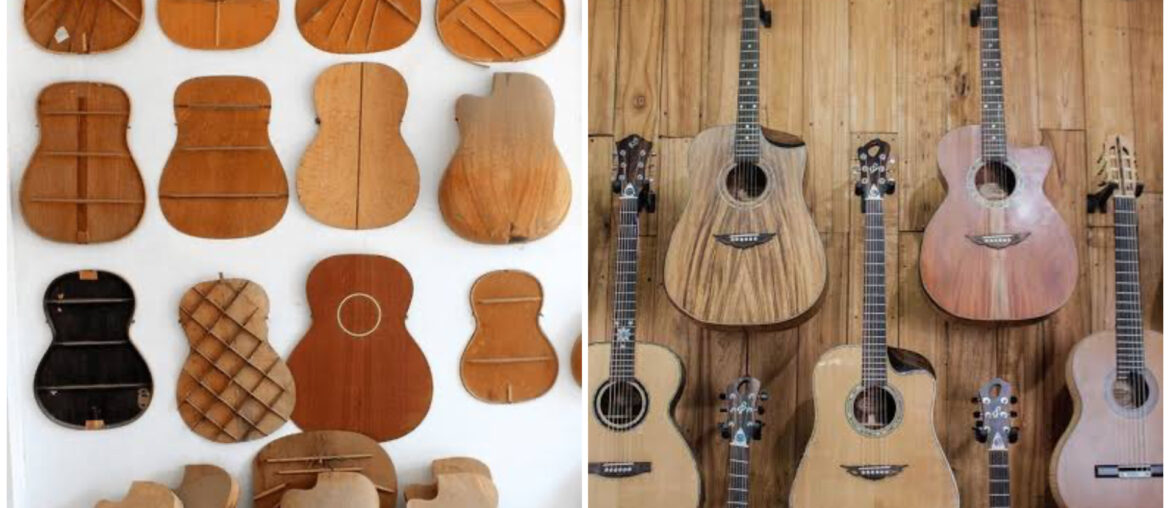If you’ve ever wandered around the sun-kissed streets of Lapu-Lapu City, there’s a good chance you’ve heard the sweet, mellow strumming of an acoustic guitar drifting in the breeze. But did you know that this island city isn’t just Cebu’s go-to beach destination, it’s also the guitar capital of the Philippines?
A Legacy Carved in Mahogany & Mango
Lapu-Lapu City’s guitar industry traces its roots to the Spanish colonial era, when friars introduced string instruments to local artisans. Over the years, homegrown luthiers (guitar makers) blended Western designs with Cebuano craftsmanship. The result? A flourishing industry that placed Barangay Abuno on the map as a mecca for handmade guitars.
Most of the instruments are made using local tonewoods like mahogany, jackfruit, narra, and even mango, each giving the guitar its unique tone and texture. There’s a deep respect for the materials here. Every piece of wood has its sound, its spirit.
Abuno’s Guitar Shops
If you’re planning a trip, Barangay Abuno is your best bet. Here are some iconic names:
• Allegre Guitars – Internationally renowned for both acoustic and electric guitars.
• Ferangeli Guitars – Known for intricate inlay work and traditional styles.
• Susing’s Guitar – One of the oldest family-run shops, still going strong.
Prices range from ₱1,500 to ₱15,000+, depending on the wood, craftsmanship, and custom designs. Want a guitar shaped like a banana? Or one with hand-painted Visayan motifs? They can do it.
From Lapu-Lapu to the World
Lapu-Lapu’s guitars have found homes across the globe, in Canada, Japan, the U.S., and beyond. Even international artists have praised their quality and tonal richness, despite being handcrafted by local artisans using simple tools and soul.
But beyond exports, these guitars remain a point of local pride, living proof that in a world of machines and mass production, Cebuano craftsmanship still sings the loudest.
So next time you’re in Cebu, skip the magnets and shirts. Buy a guitar, not just for the music, but for the heritage it carries.
Because here in Lapu-Lapu, every strum is a reminder that our culture, like music, is meant to be heard and passed on.


